Bachelor of Electronics Engineering (Robotics and Automation) with Honours
(R3/0714/6/0032) 11/28 (MQA/FA4749)
The Faculty of Engineering and Technology offers an undergraduate programme leading to the Bachelor of Electronics Engineering (Robotics and Automation) with Honours. For students planning on professional careers in the fields of industry automation, this four-year engineering programme provides complete undergraduate training in robotics and automation fields such as advanced robotics, machine vision, applied dynamics, knowledge system and neural computing, digital control system, microprocessor system, automation and power technology.
In addition, the students are also exposed to basic engineering training in circuit and signal analysis, field theory, electronics, control theory, power systems, machines, communications and engineering mathematics. To better prepare the students for the engineering professional career, courses in basic management, economics, accounting and law are also included. This programme also provides students with industrial experience and research training by requiring students to complete industrial training and graduation projects.
PROGRAMME EDUCATION OBJECTIVES
PROGRAMME OUTCOMES
1. Graduates who demonstrate technical competence, leadership skills or entrepreneurial qualities within their organizations
2. Graduates who demonstrate professionalism and a commitment to continuous professional development
3. Graduates who are employed in engineering or related professions, or are pursuing (or have completed) their studies in engineering or professional graduate school
CAREER PROSPECTS
- Apply knowledge of mathematics, natural science, computing and engineering fundamentals, and an engineering specialization as specified in WK1 to WK4 respectively to develop solutions to complex engineering problems.
- Identify, formulate, research literature and analyze complex engineering problems reaching substantiated conclusions using first principles of mathematics, natural sciences and engineering sciences with holistic considerations for sustainable development (WK1 to WK4).
- Design creative solutions for complex engineering problems and design systems, components or processes to meet identified needs with appropriate consideration for public health and safety, whole life cost, net zero carbon as well as resource, cultural, societal, and environmental considerations as required (WK 5).
- Conduct investigation of complex engineering problems using research methods including research-based knowledge, including design of experiments, analysis and interpretation of data, and synthesis of information to provide valid conclusions (WK 8).
- Create, select and apply and recognize limitation of appropriate techniques, resources, and modern engineering and IT tools, including prediction and modelling, to complex engineering problems (WK 2 and WK 6).
- Analyze and evaluate sustainable development impacts to society, the economy, sustainability, health and safety, legal frameworks, and the environment, in solving complex engineering problems (WK1,WK5 and WK7).
- Apply ethical principles and commit to professional ethics and norms of engineering practice and adhere to relevant national and international laws. Demonstrate an understanding of the need for diversity and inclusion (WK 9).
- Function effectively as an individual, and as a member or leader in diverse and inclusive teams and in multidisciplinary, face to face, remote and distributed settings (WK 9).
- Communicate effectively and inclusively on complex engineering activities with the engineering community and with society at large, such as being able to comprehend and write effective reports and design documentation, make effective presentations, taking into account cultural, language, and learning differences.
- Apply knowledge and understanding of engineering management principles and economic decision making and apply these to one’s own work, as a member and leader in a team, and to manage projects in multidisciplinary environments.
- Recognise the need for, and have the preparation and ability for i) independent and life-long learning, ii) adaptability to new and emerging technologies and iii) critical thinking in the broadest context of technological change (WK8).
STAFF
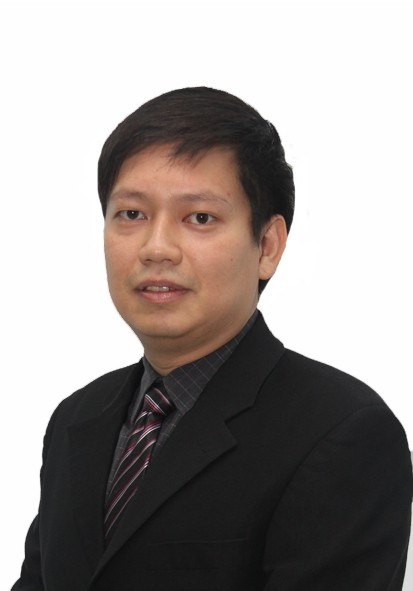
Dr. Lim Chee Siong
Programme Coordinator
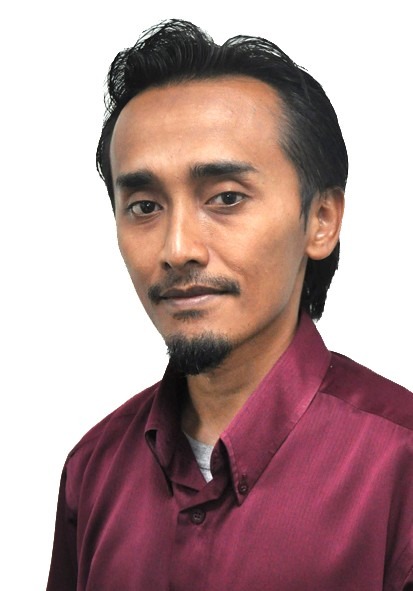
Dr. Khair Razlan Othman
Assistance Programme Coordinator
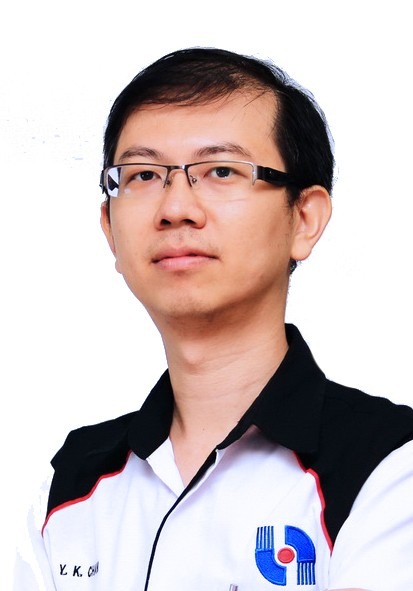
Prof. Ir. Ts. Dr. Chan Yee Kit
Professor
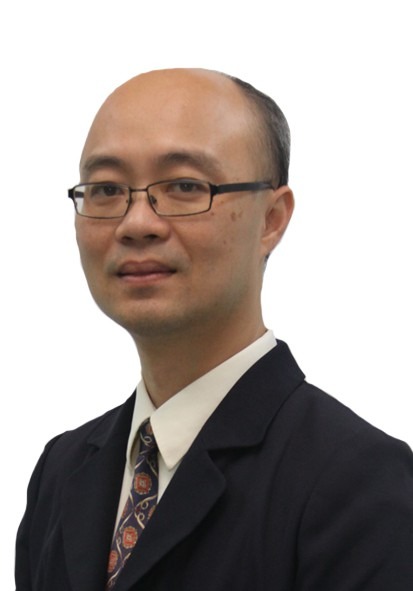
Prof. Ir. Dr. Koo Voon Chet
Professor
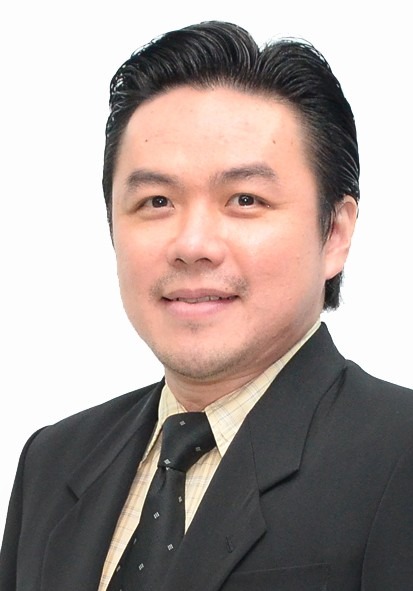
Prof. Dr. Lim Way Soong
Professor
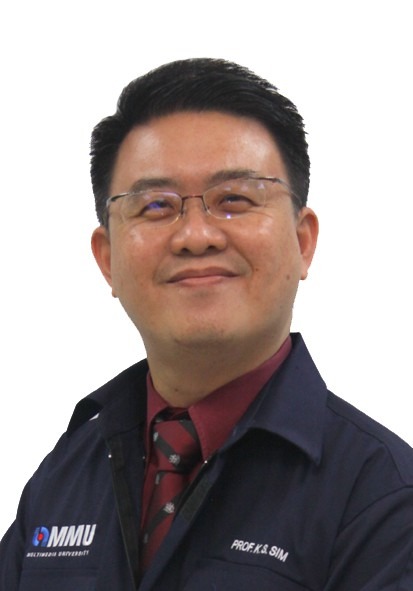
Prof. Ir. Dr. Sim Kok Swee
Professor
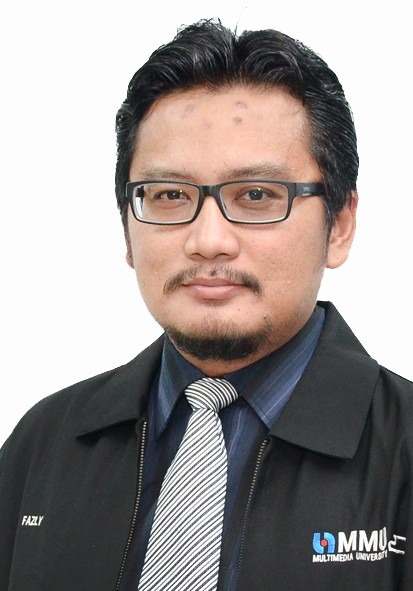
Assoc. Prof. Dr. Fazly Salleh Abas
Associate Professor
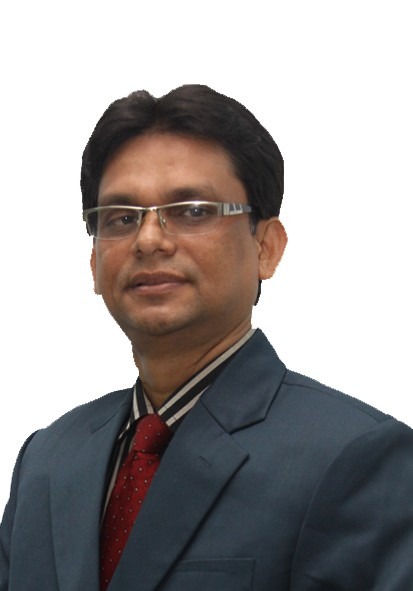
Assoc. Prof. Ts. Dr. Md Jakir Hossen
Associate Professor
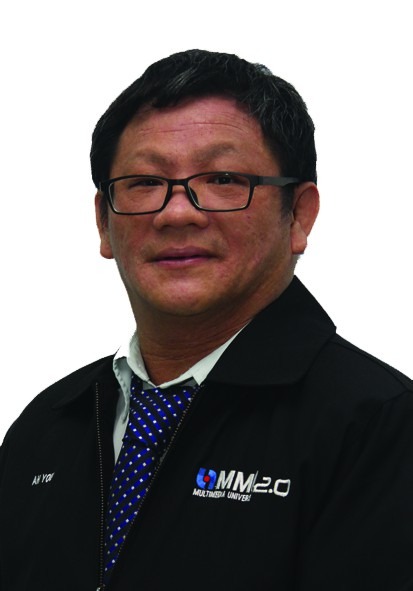
Assoc. Prof. Ts. Dr. You Ah Heng
Associate Professor
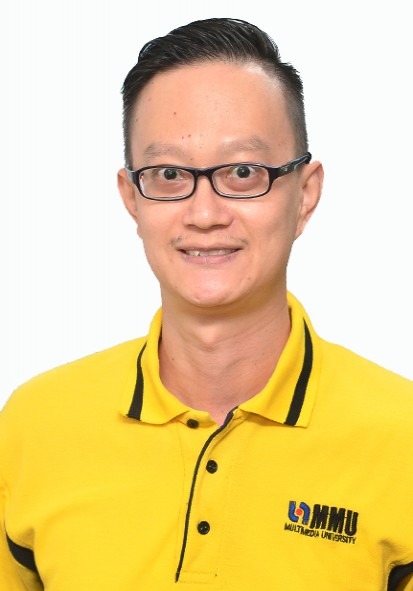
Dr. Chua Shing Chyi
Assistant Professor
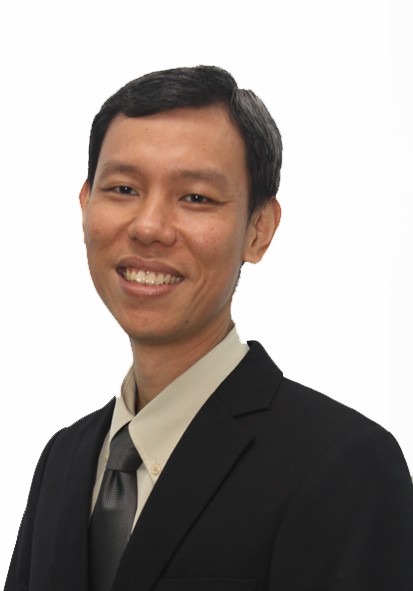
Dr. Goh Hock Ann
Assistant Professor
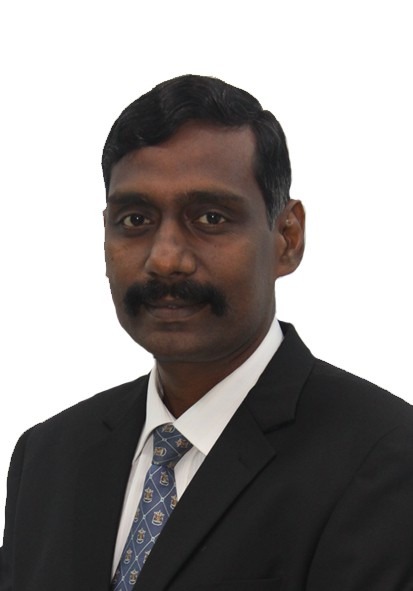
Dr. Joseph Emerson Raja
Assistant Professor
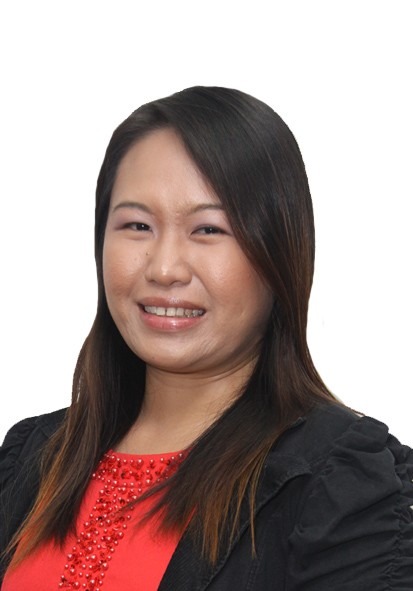
Dr. Thong Li Wah
Assistant Professor

Dr. Thangavel Bhuvaneswari
Assistant Professor
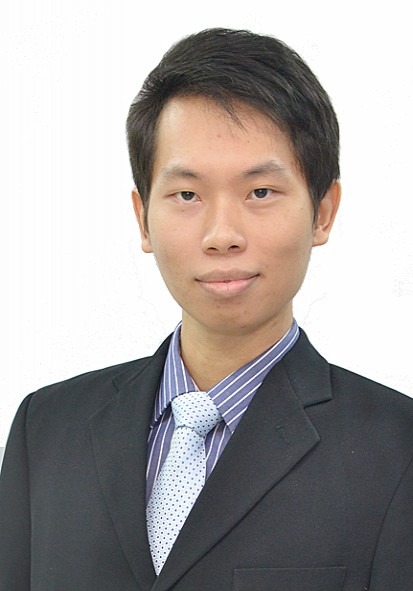
Ts. Dr. Yeo Boon Chin
Assistant Professor
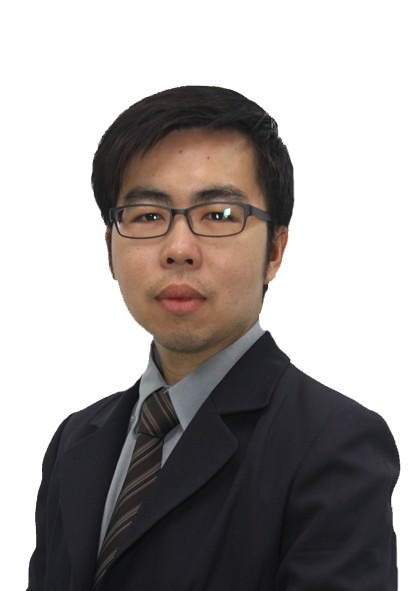
Mr. Yong Yik Seng
Assistant Professor
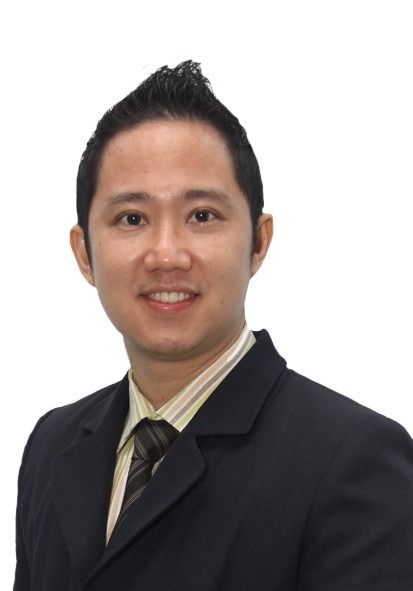
Ir. Ts. Dr. Lee Lian Hong
Senior Lecturer
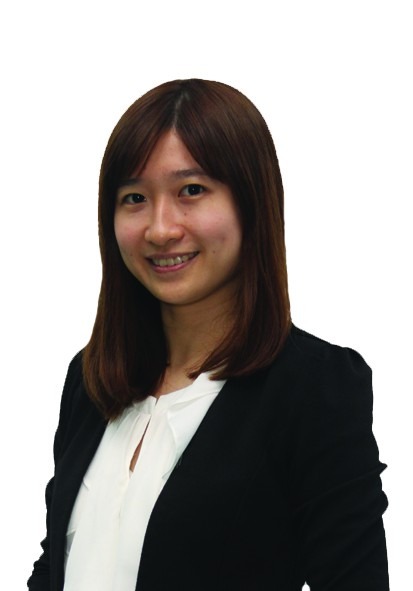
Dr. Lim Sin Ting
Senior Lecturer
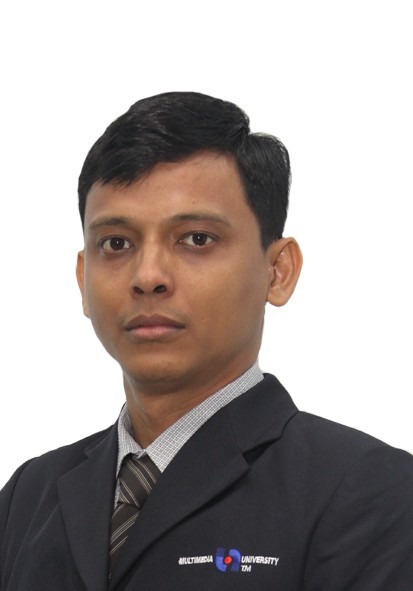
Dr. Min Thu Soe
Senior Lecturer
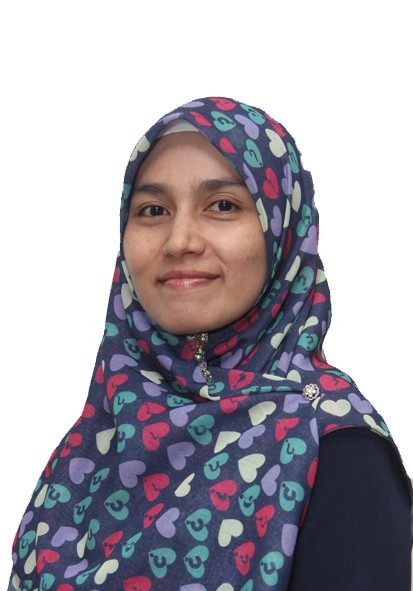
Dr. Nor Hidayati Abdul Aziz
Senior Lecturer
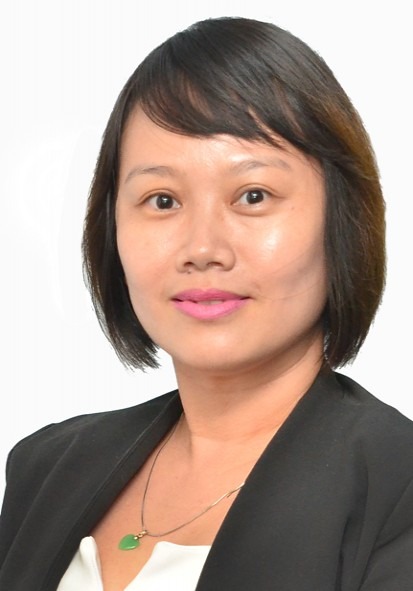
Ts. Pang Shen Yee
Lecturer
INDUSTRIAL ADVISORS
MR. MUSLIM ABDULLAH ZAIK
Chief Executive Officer, Technerve Technology Solutions Sdn. Bhd.
MR. ONG KUN XIONG
Senior Manager of Test & Product Engineering, Infineon Technologies (Malaysia) Sdh. Bhd.
IR. DR. LIM CHOT HUN
Chief Executive Officer, BPE Synergy Engineering Sdn Bhd
EXTERNAL EXAMINERS
ASSOC. PROF. Dr. GAN KOK BENG
Associate Professor, Universiti Kebangsaan Malaysia (UKM), Malaysia
